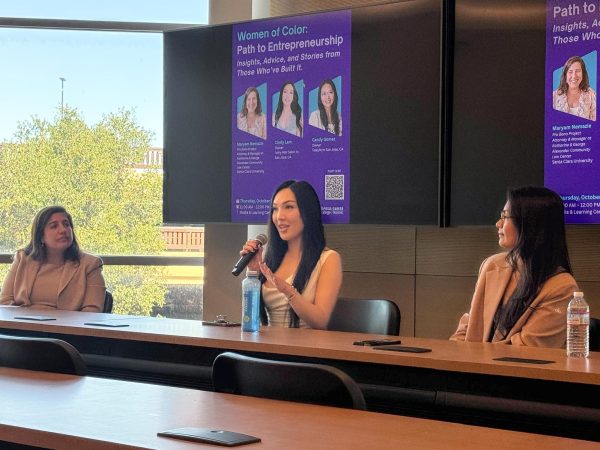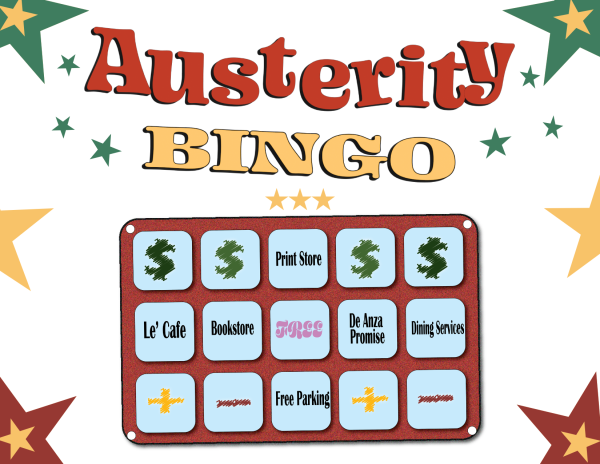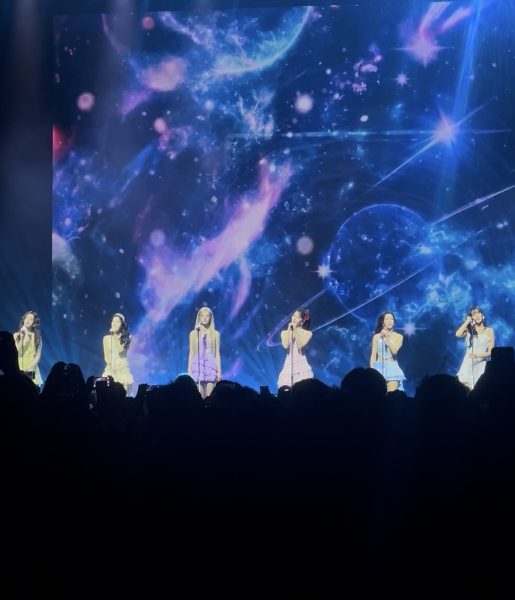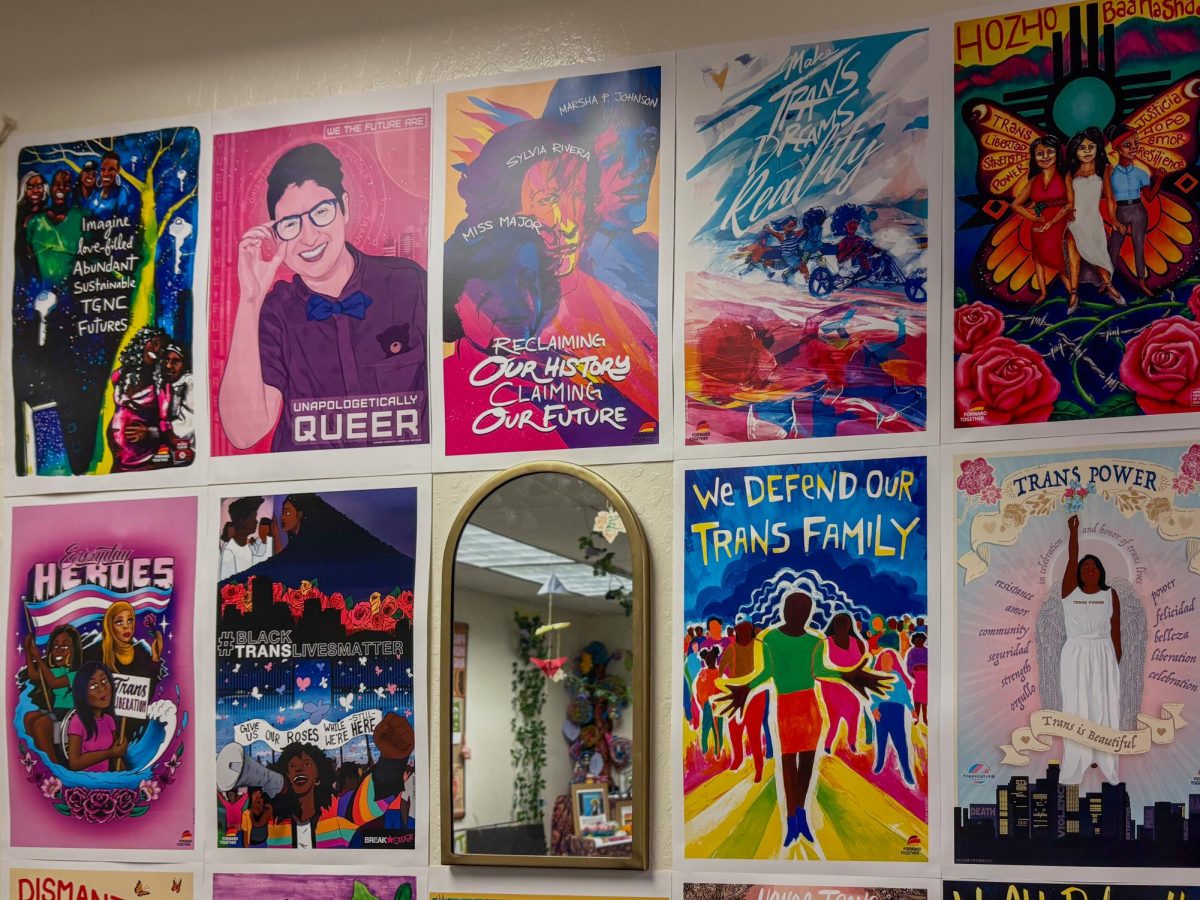‘Captain Marvel’ criticism brings light to hate speech
April 15, 2019
When trolls throw tomatoes, Captain Marvel makes spaghetti.
“Captain Marvel,” the latest installment in the Avengers, the long-standing Marvel franchise, opened in theaters on March 8.
Before the movie’s release, a group besieged Rotten Tomatoes, an influential reviewing site, in a campaign to tank ticket sales and disseminate false information about the cast since the release of its trailer in September 2018.
Brie Larson, who plays titular character, drew ire for allegedly not smiling enough in the movie’s promotions, so critics helpfully photoshopped the images to align with their conventional views of femininity.
After Larson called for greater diversity in Hollywood, critics gnashed their teeth and accused her of sexism against men.
These attacks inspired renewed demands for the regulation of hate speech and misinformation.
The venom directed at “Captain Marvel,” especially against Larson, prompted Rotten Tomatoes to change its rating system earlier than expected, preventing comments dating from before movie release dates.
At midnight the day of the premiere, trolls flooded the movie’s comment sections with more than 58,000 reviews, 50,000 of which Rotten Tomatoes deleted that afternoon.
Rotten Tomatoes’ response to the onslaught is a model for other platforms to replicate. Its verification system provides the greatest bandwidth with which to discern validity and intent.
Trolls famously sandbagged “Black Panther,” “Ghostbusters” and “Star Wars: The Last Jedi,” all of which are movies that dared to cast leads not male and of European descent.
People that seek to propagate animus claim their right to freedom of speech under the First Amendment, but “hate” and hate speech are notoriously difficult to classify.
The problem is that “hate” has an elastic definition and a dangerous history. Policing “hate” can perpetuate the closed-mindedness that movies such as “Captain Marvel” combat.
Without a concrete definition of the word, any criticism lobbed at a government, enterprise, or individual can be manipulated and arbitrated as harmful, and therefore “hate.”
Opinions that move our country toward a freer and more perfect society may jar the senses and similarly be classified as hate.
On the other hand, how do we protect people from harassment as technology shrinks our world?
Many are tempted to say these online campaigns are merely mean-spirited, but otherwise harmless. But, with the rise of hate crimes in the United States, the fear of online radicalization is spurring social media outlets to tighten their regulations.
Unfortunately, this system cannot be so easily replicated on other outlets such as Facebook and Instagram as the content and speed in which it is disseminated are much broader and varied in scope.






























